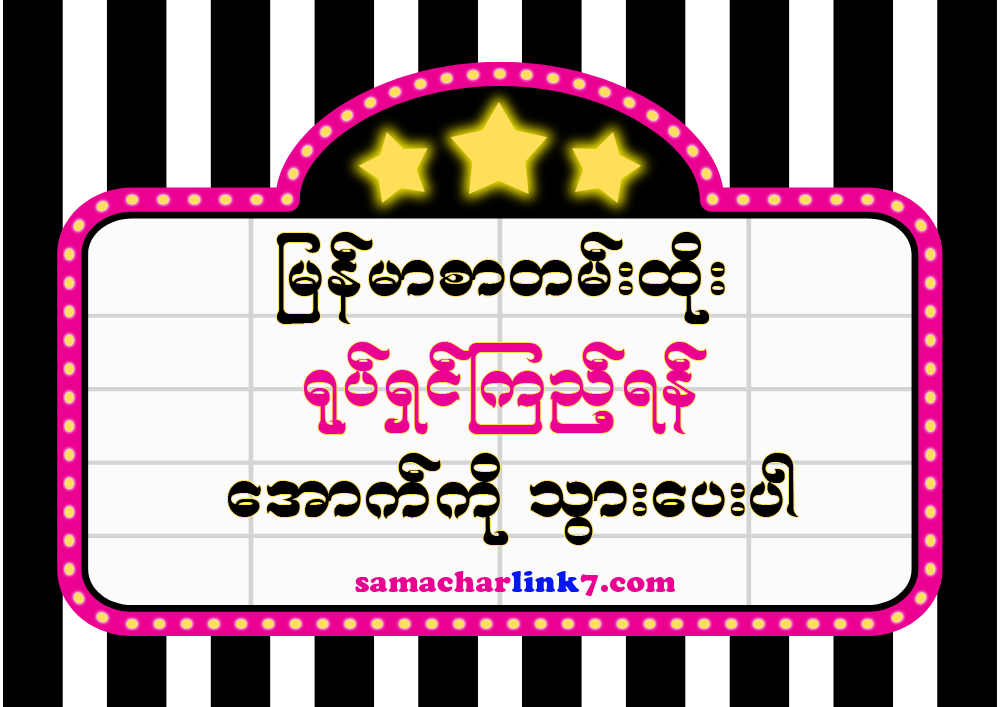
Artificial Intelligence (AI) is no longer a futuristic concept—it has become a vital tool transforming industries across the globe. Among these, Human Resources (HR) stands out as a field experiencing a revolutionary shift due to AI’s capabilities. From automating repetitive tasks to providing data-driven insights, AI is redefining how HR professionals work and adding incredible value to organizations.
1. Streamlining Recruitment Processes
Recruitment is one of the most time-consuming tasks in HR, but AI is making it more efficient and effective. AI-powered tools can scan resumes, match candidates to job descriptions, and even conduct initial assessments through chatbots. This not only saves time but ensures better candidate-job alignment, reducing hiring errors.
Benefits of AI in Recruitment
Faster candidate screening: AI software can evaluate hundreds of applications in minutes.
Enhanced diversity: Algorithms can be programmed to eliminate biases, promoting diversity in hiring.
Improved candidate experience: Chatbots provide real-time updates and streamline communication with applicants.
2. Personalized Employee Training and Development
AI is transforming employee development by identifying skill gaps and recommending tailored learning paths. With AI-driven Learning Management Systems (LMS), organizations can create customized training programs that suit individual employee needs.
For example, predictive analytics can assess an employee’s career trajectory and suggest specific skills to enhance their growth, ensuring they stay relevant in an ever-evolving job market.
3. Enhancing Employee Engagement
Employee satisfaction is crucial for productivity and retention. AI tools analyze employee feedback through sentiment analysis, helping HR teams identify issues like workplace dissatisfaction or stress early.
Examples of AI in Engagement
Pulse surveys: AI analyzes survey data to provide actionable insights.
Real-time support: Virtual assistants offer instant solutions to employee queries.
Recognition programs: AI helps identify employees deserving recognition based on performance metrics.
4. Simplifying Administrative Tasks
AI is automating repetitive administrative tasks like payroll management, benefits enrollment, and leave tracking. By doing so, it frees HR professionals to focus on strategic initiatives rather than mundane activities.
Key Advantages
Reduced errors: Automated systems minimize the likelihood of human error.
Time efficiency: Tasks that took hours can now be completed in seconds.
5. Data-Driven Decision Making
AI provides HR with powerful analytics tools to make informed decisions. By analyzing trends in workforce data, HR teams can forecast turnover rates, optimize team structures, and improve overall organizational efficiency.
For example, AI can help predict which employees are at risk of leaving, allowing HR to proactively address concerns and improve retention strategies.
6. Supporting Remote Work
With the rise of remote work, AI has become a crucial enabler for virtual teams. From scheduling virtual interviews to managing distributed workforces, AI ensures seamless communication and collaboration across borders.

